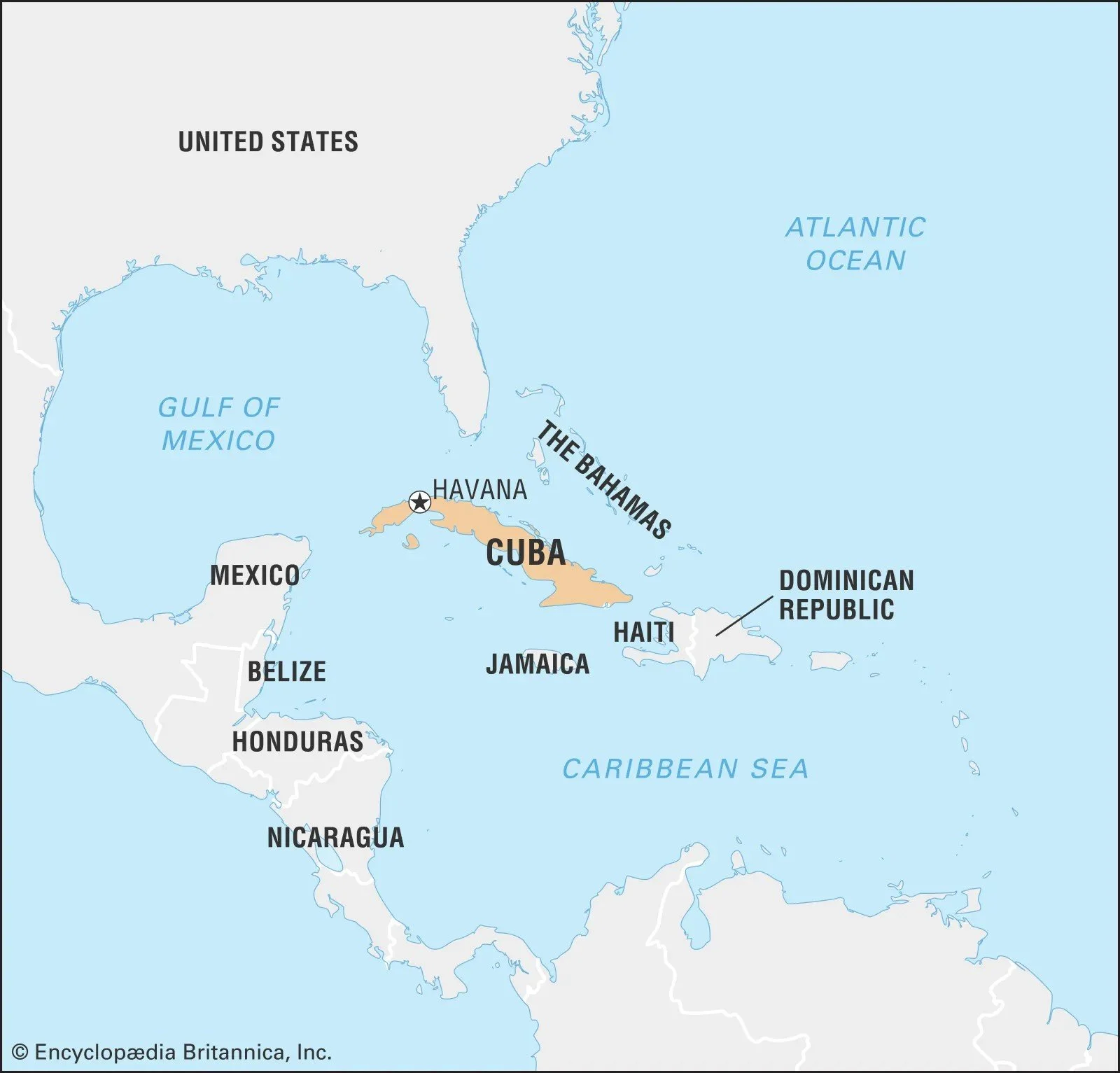GAESA Papers, If True, Create Questions For Companies, Governments, Taxpayers (Fortunately Not U.S. Taxpayers). Has Cuba Lied About Its Ability To Pay What It Owes?
/GAESA Papers, If True, Create Questions For Companies, Governments, Taxpayers (Fortunately Not United States Taxpayers).
Has Cuba Lied About Its Ability To Pay What It Owes?
Accountants, analysts, economists, and executives who believe genuine the financial statements for Grupo de Administración Empresarial S.A. (GAESA) published by The Miami Herald have questions. Among those questions:
What do the financial statements represent?
Are they illustrative of a complex and necessary commercial structure?
Are they illustrative of a pathological determination to deceive, disguise value, and avoid paying what the government of the Republic of Cuba and Republic of Cuba government-operated companies owe to governments and to companies?
What is true- the credibility of statements by officials of the government of the Republic of Cuba and executives of Republic of Cuba government-operated companies are in question, particularly to those governments (and their taxpayers) owed substantial and long overdue monies.
For executives and owners and shareholders of companies who routinely provide to Republic of Cuba government-operated companies payment terms of 180-days, 360-days, and longer, they now have more questions than they usually have relating to monies owed.
According to documents published by The Miami Herald, in March 2024, GAESA had US$14.467 billion deposited in unidentified financial institutions, representing approximately 76% of its liquidity. GAESA reported 2024 first quarter net profits of approximately US$2.1 billion compared with US$7.2 billion during the first eight months of 2023.
For creditors of the government of the Republic of Cuba, for creditors of Republic of Cuba government-operated companies, and for management of Republic of Cuba government-operated companies who informed by the Central Bank of the Republic of Cuba that there are no monies to pay what is owed, the publication of the GAESA Papers results in many questions. Two in particular:
Have successive governments of the Republic of Cuba lied to those to whom it owes?
Does the Diaz-Canel-Valdes Mesa Administration (2018- ) control the resources of GAESA?
A significant note: Since December 2001, within provisions of the Trade Sanctions Reform and Export Enhancement Act (TSREEA), United States-based agricultural commodity exporters and food product exporters have received on a cash-in-advance basis required by the statute approximately US$8 billion in payments from Republic of Cuba government-operated entities.
Link: U.S. Ag/Food Exports Increased 10% In May 2025; Up 15.5% Year-To-Year; First Export Of Enzymes (US$13,498.00); US$12.1 Million In Used Vehicles August 08, 2025
Shareholders of Toronto, Canada-based Sherritt International Corporation which reports accounts receivable of approximately US$100 million from Republic of Cuba government-operated entities have questions.
Shareholders in Palma de Mallorca, Spain-based Melia Hotels International S.A., with 2,338 rooms under management in the Republic of Cuba have questions. From 1 January 2025 through 30 June 2025, the company reported 927 rooms disaffiliated. The company has thirty-three properties under management with two in the pipeline. Maintenance on properties owned by Republic of Cuba government-operated companies continue to be delayed and service quality continues absent consistency.
Taxpayers in Spain have questions about the decision by the government of Spain to implement a debt conversion program valued at approximately US$400 million in place of monies owed to the government of Spain (taxpayers) and to Spain-based companies by the government of the Republic of Cuba and Republic of Cuba government-operated companies.
The government of the Republic of Cuba has not adhered to agreed upon payments amounting to billions of dollars despite repeated debt rescheduling including to Canada, China, Japan, Mexico, Russia, and Vietnam. Non-Republic of Cuba-based companies are owed hundreds of millions of dollars with Republic of Cuba government-operated companies continuing to seek repayment discounts and repayment rescheduling.
Link: Cuba Reported In New Agreement With Paris Club "Group Of Creditors Of Cuba" To Restructure Defaulted Payment Terms. Previously Forgave 75% Of Debt. Officials Expect Further Defaults. October 21, 2021


